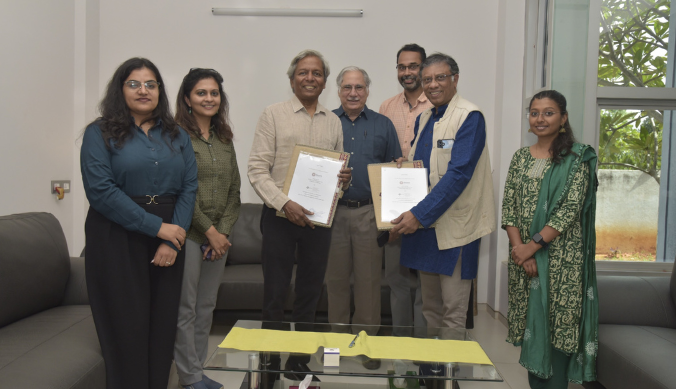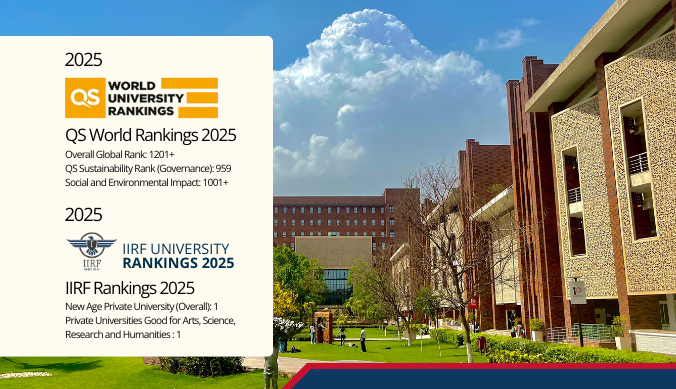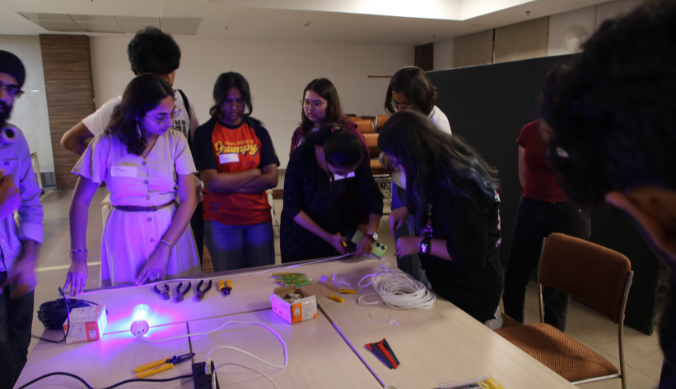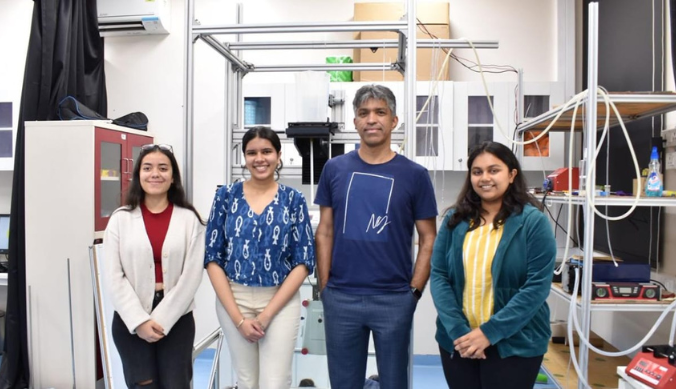Scaling-up climate-friendly lifestyles using behavioural science
With an extensive coastline, extreme temperatures, and debilitating regional rainfall, India stands to face the brunt of climate change. Will the systemic changes undertaken by the government stick?
How can we as a nation become more environmentally friendly?
India has an extensive coastline, extreme temperatures, and debilitating regional rainfall. We stand to face the brunt of climate change. The government has undertaken the necessary systemic changes recommended by global climate treaties. But will these changes stick?
The IPCC Assessment Report 6 warns about the friction generated by existing social norms that impede systemic transitions. It is imperative to inculcate climate mitigation attitudes at the individual level to overcome this friction. Governments around the world have attempted to use educational campaigns and monetary incentives to induce this attitude change. For instance, the Green Skill Development Programme (2017), launched by the Ministry of Environment, Forest and Climate Change of India, builds environmental sector-specific skills to enable youth to gain employment in these sectors. The Ministry issues certificates indicating the skills learned by successful candidates. Furthermore, governments in India have various national and state-level monetary incentives to encourage the adoption of electric and hybrid vehicles.
This two-pronged approach to mitigating climate change—addressing individual-level behaviour and national systemic transitions—can benefit from the accumulated knowledge in the science of behaviour change to influence behaviour effectively.
At the individual level, there are many obstacles inhibiting the adoption of pro-climate attitudes:
1. People suffer from present bias that makes them prefer smaller rewards received today instead of larger rewards in the future. We lack self-control and indulge in instant gratification.
2. We may be ignorant of the realities of climate change or underestimate (even disregard) the repercussions of a future event. After all, why should one behave responsibly when one fears that others will not do the same?
3. We may even support climate mitigation but engage in ‘tokenism’ or easy-to-adopt behaviours that have little impact on reducing carbon emissions.
Behavioural scientists have discovered many such barriers to behaviour change. According to Kurt Lewin, one of the founders of social psychology, any behaviour results from a balance between driving and restraining forces. Driving forces push us in a certain direction. Restraining forces prevent us from moving in that direction. Lewin’s central insight was that the better way to change behaviour is to focus on removing restraining forces rather than increasing motivating forces. Hence, we should ask why people don’t adopt a lifestyle for life. So far, the government has focused on encouraging the driving forces. To tackle restraining forces, we need a systematic way to test and find the most efficient path to behaviour change. Using behaviour science, we can examine restraining forces individually and take appropriate actions.
Leveraging Fresh Starts and Habit Building
When it comes to behaviour change and adoption of new habits, most people want to start from Monday. Katy Milkman (2021) explains that this fresh start overcomes the feeling of failure in the past and provides interesting evidence of the fresh start effect. But the tricky part is that repeatedly postponing behaviour change until Monday makes Monday a sign of failure. The power of new habits relies on overcoming our forgetfulness, which is one of the obstacles to behaviour change. We perform habits automatically, without any mental effort. In other words, they operate through system 1 thinking, which is fast, intuitive, and frugal.
A good way to create new habits is to link the desired behaviour to previous habits. Milkman terms this approach as ‘temptation bundling’ — a behaviour that needs to be encouraged can be combined with a tempting behaviour one already practices. For example, an experiment conducted by Milkman asked a group of gym-goers to listen to audiobooks while exercising. By combining the tiring and often-procrastinated activity of going to the gym with listening to an engaging audiobook, those gym-goers who started temptation bundling were more likely to visit the gym.
Leveraging Role Models to Shape Social Norms
Researchers have discovered that people tend to think and do what they think others think and do. A recent study revealed that perceived social consensus plays an important role in climate change beliefs, attitudes, and policy preferences regardless of an individual’s ideology (Goldberg, 2020). Role models can offer reasons for people to change their social expectations and behaviour.
Local community leaders can create a strong sense of a shared identity that motivates people to put their values into action. Making it salient that role models mitigate climate change, are risk-averse in the long-term, and denouncing instant gratification can each influence people’s behaviour. Generalised trust within communities and cooperation can be encouraged by having respected politicians, local leaders, and celebrities exemplify desirable behaviour. One reason communities don’t adopt an environmentally-friendly lifestyle is their lack of confidence in their ability to change anything for good and not knowing where to start. Having a role model can remove this lack of confidence by exemplifying exactly how and why one can take steps towards environmentally-friendly lifestyles.
It is important to remember that restraining forces are not the same for different communities across different times. Thus, a one-size-fits-all solution does not exist. Every society should identify obstacles to behaviour change and look for the appropriate solution for each specific case. In essence, we make our society better by continuously making role models built according to the conditions and requirements of the changing environment. This is vital because the future is not the same as the past, and we must keep changing our habits.
Behaviour change requires continuous habit formation. We need to look at climate change as a chronic disease with no permanent cure. To stop the spread of this chronic disease, we need role models to follow. Role models can recommend small achievable goals required to boost society’s self-confidence for targeting bigger goals. The government needs to initiate the creation of such role models, whether a symbolic Ministry or a small village or district.
Authors: Dr Narges Hajimoladarvish, Aayush Agarwal
Study at Ashoka












